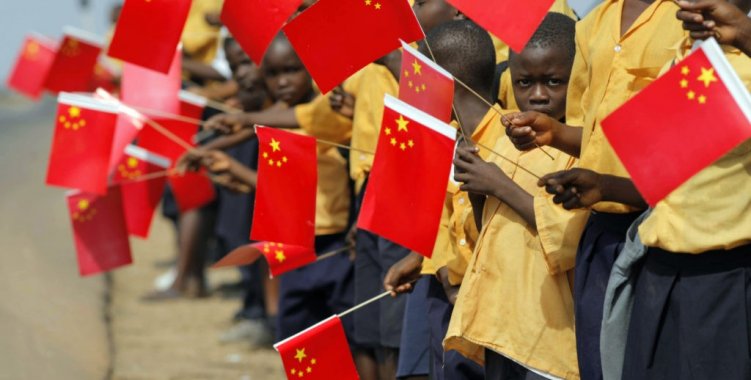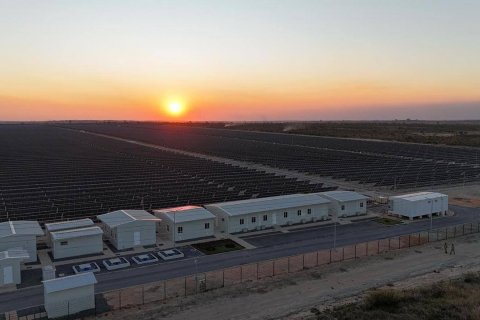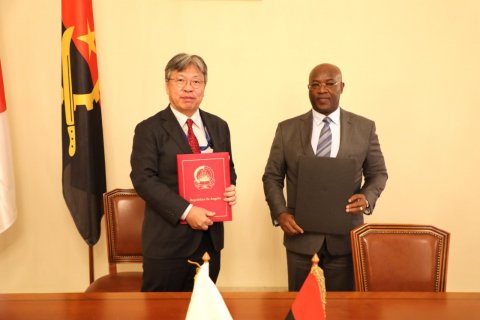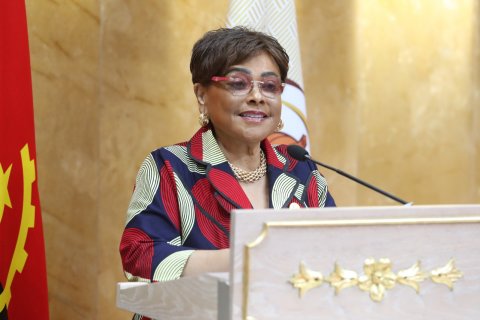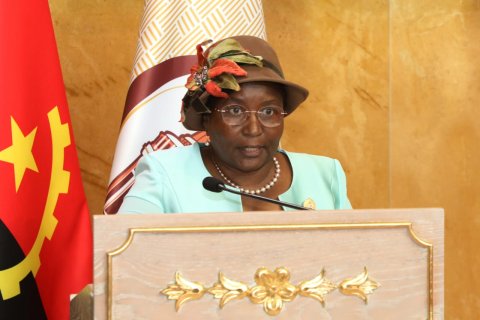"What I truly consider important on the part of the executive is the debt negotiation with China, and, in my opinion, I see no other alternative, we have to stand firm as other African countries have done, namely Zambia", said, this Monday, Lima Campos.
Speaking to Lusa, the businessman highlighted the importance of Angola negotiating its debt with China, where a large part of its main export product (oil) has been channeled for payment, "sacrificing the lives of companies and citizens".
"We have to put our cards on the table to negotiate the debt [with China]. I cannot be sacrificing my people when the country's currency is now fully committed to paying the debt to China," he insisted.
The economist also questioned the impact of Chinese investment in Angola, noting, for example, that the network of roads and other infrastructure built, within the scope of the partnership between Angola and China, had, to a large extent, to be redone by are currently in a dire state, partly due to the lack of adequate supervision at the time of construction.
"A good part of the road network was repaired with loans from China, but, at this moment, we have to rehabilitate this same road network, because there was no supervision of this work and the impacts are there," he pointed out.
For the businessman, at this moment, a large part of Chinese investment in Angola is called into question.
"Due to our bad programming, bad work from the Chinese and, therefore, there is, at this moment, no return on this investment that allows us to pay the debt", he argued.
Lima Campos argued that Angola cannot be held hostage by a power that made loans to the country and whose liquidation is "sacrificing the economy and fostering a social situation with serious consequences, which could become calamitous".
Regarding the shortage of currency in the Angolan market, the industrial businessman said he was having difficulties, as he had been waiting for more than three months for a response to a request for 40,000 euros to import raw materials, in one of the local banks.
"They always say they don't have currency, what am I going to do? I'm currently having serious raw material problems and, like me, there are other small and medium-sized companies in this condition", he said.
Lima Campos argued that Angola should evolve towards another exchange rate model, preferably opting for a system of "negotiated anchoring" of the kwanza in a strong currency, such as the euro.
The anchorage, he continued, "must be negotiated in the same way as the CFA franc (current currency used in twelve African countries, formerly French colonies) or as Cape Verde has an anchorage negotiated with the European Bank".
He acknowledged, however, that this format also entails costs: "We are left without monetary and exchange rate autonomy and we become more constrained in our fiscal policy".
But this, he argued, "has an advantage", because it stabilizes the currency, the exchange rate becomes practically fixed, without variation, and inflation becomes "extremely controlled".
"We really need to have our currency anchored to a strong currency, like the euro, if applicable, but a negotiated anchoring, as the French-speaking countries have, formerly with the Bank of France and today with the European Central Bank", he noted.
"We must negotiate the debt with China and design a new exchange rate policy. By resolving these premises, we will be halfway towards stabilization and economic and social progress", concluded the businessman.

